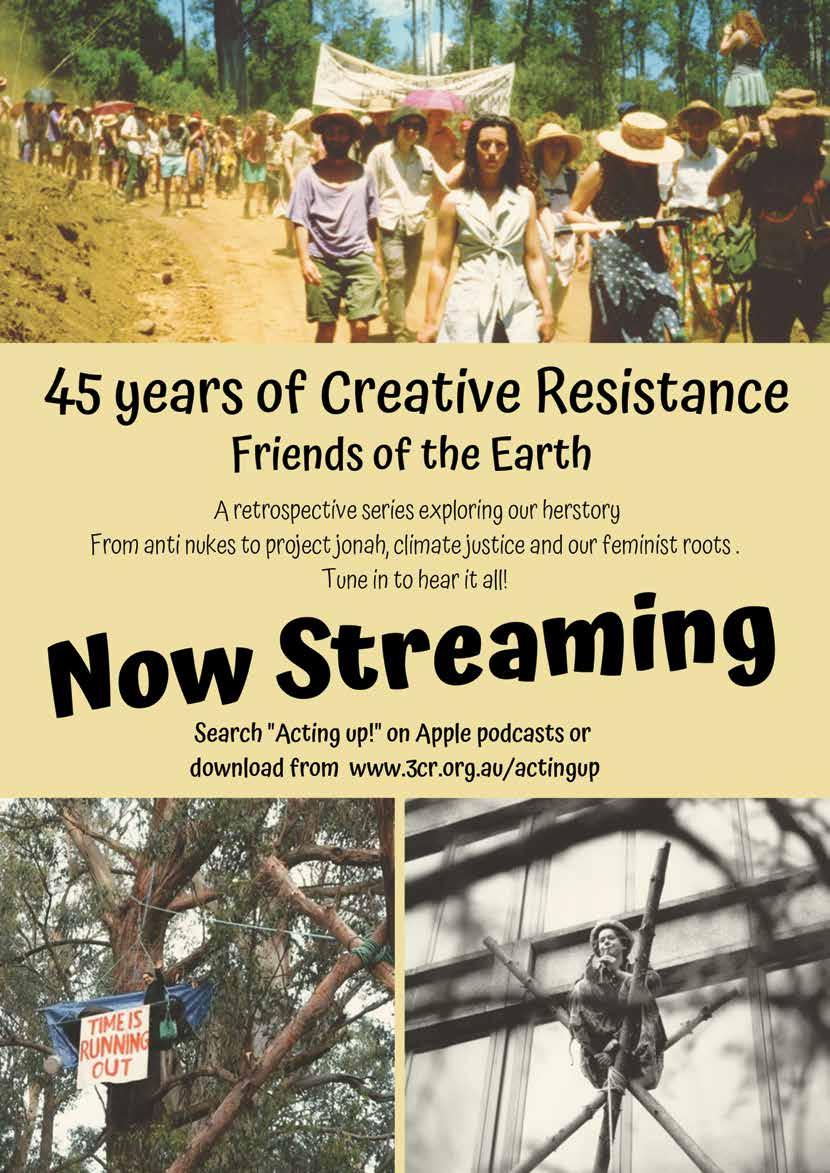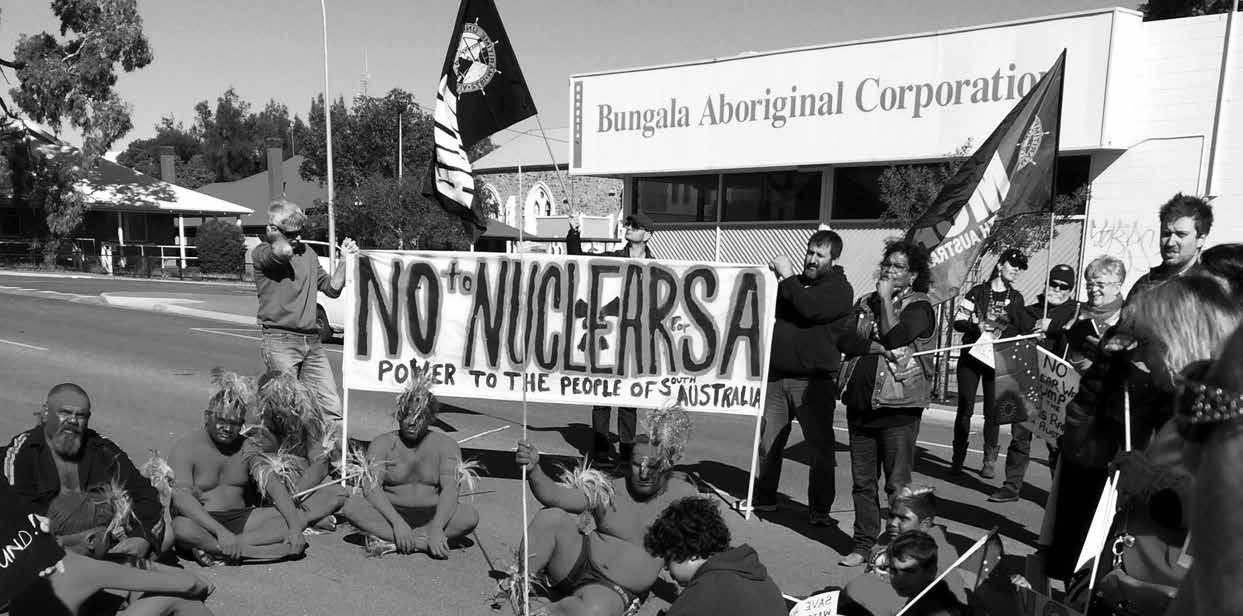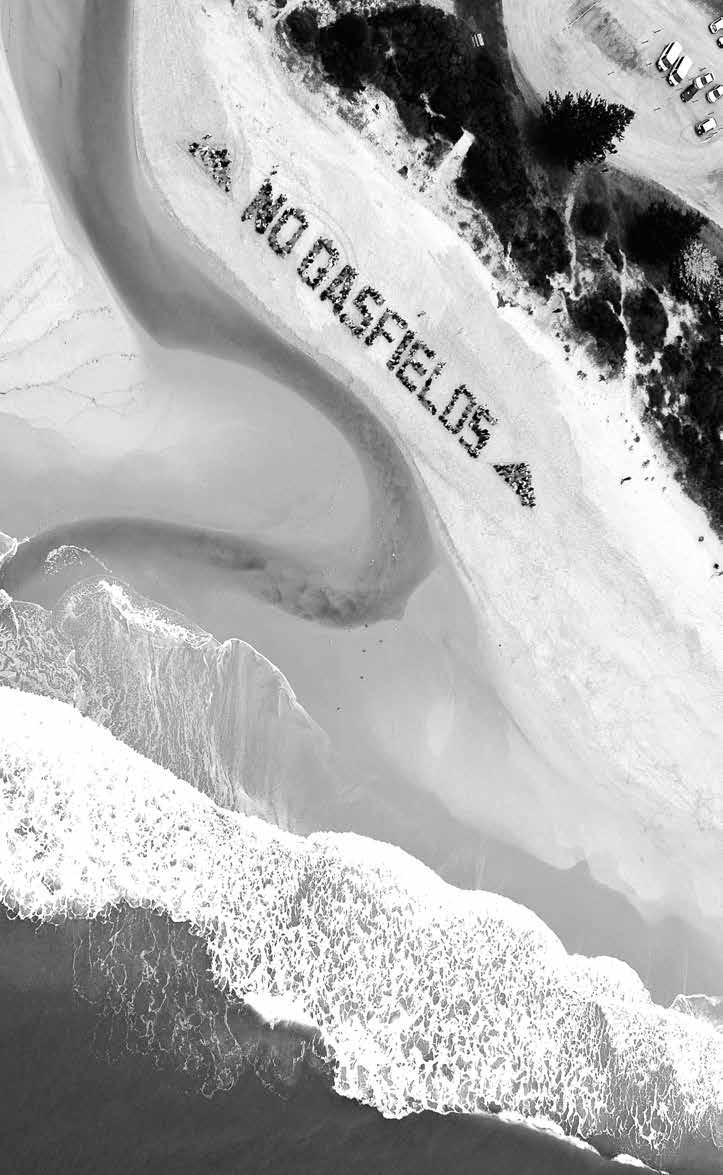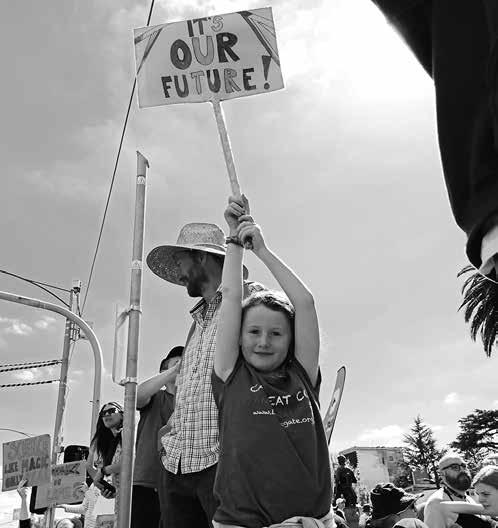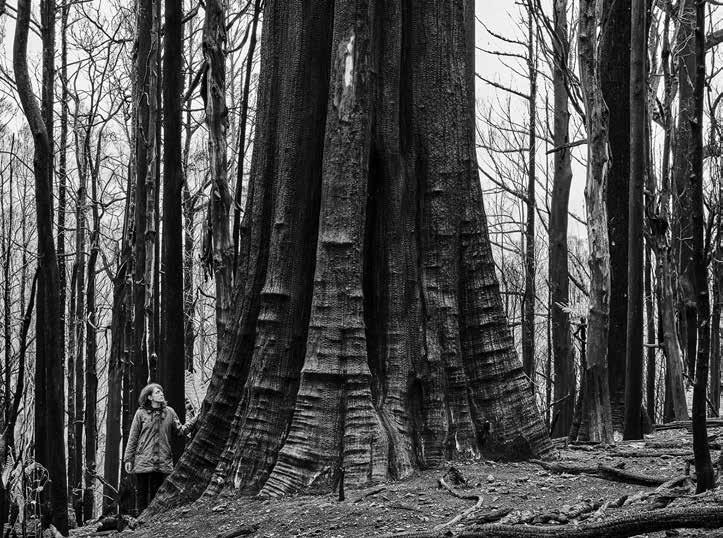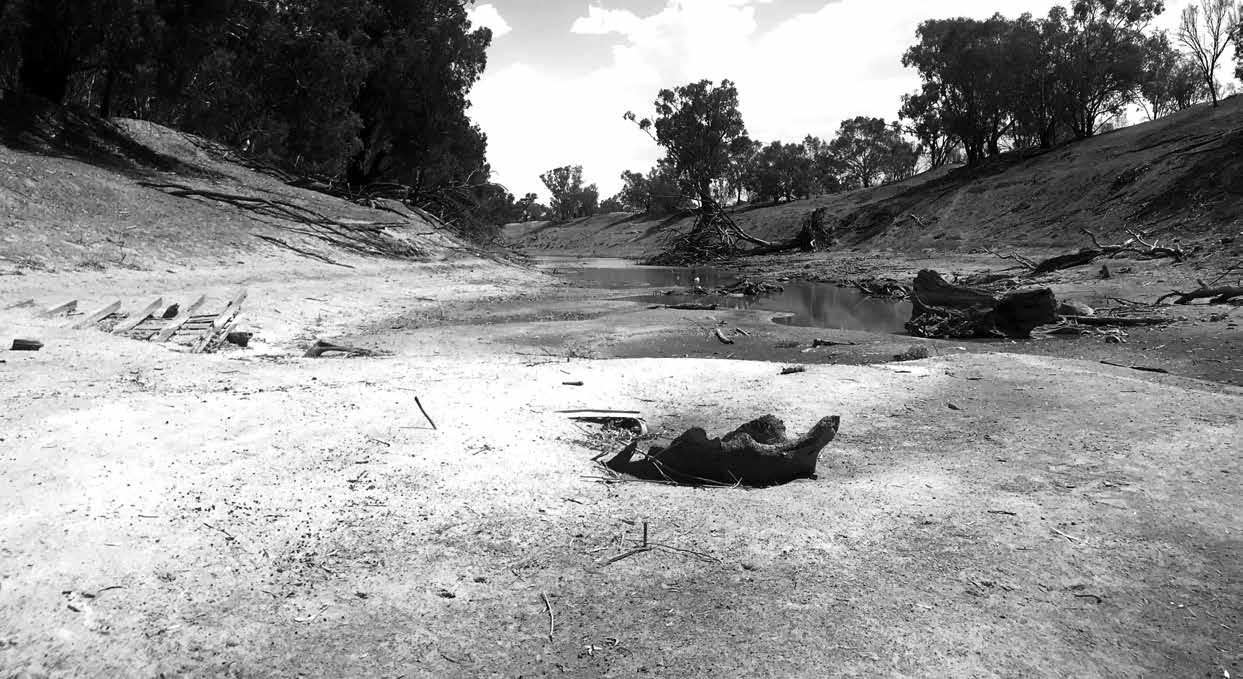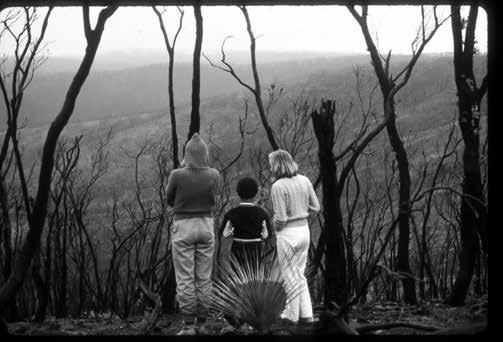FOE INTERNATIONAL NEWS
Friends of the Earth International (FoEI) is a federation of autonomous organisations from all over the world. Our members, in over 70 countries, campaign on the most urgent environmental and social issues, while working towards sustainable societies. FoEI currently has five international programs: Climate Justice and Energy; Economic Justice, Resisting Neoliberalism; Food Sovereignty; Forests and Biodiversity; and Resisting Mining, Oil and Gas.
Friends of the Earth International supported the Brazilian Movement of People Affected by Dams (MAB) during 20-25 January – the first anniversary of the Córrego do Feijão mine disaster, which spilt 12,000,000 cubic meters of toxic mud, and collapsed and split over 9km into the city of Brumadinho, and into the Paraopeba River. The week of mobilisations in Brumadinho were part of the community’s resistance, mobilisation, and transformation of the post-disaster reality. Brumadinho has become a symbol of corporate power and the utter lack of care corporations have for human rights and the environment. FoE Brazil is using this moment to help renew and strengthen the campaign against corporate profiteering in Brazil. Brazil has not prosecuted any executive from Vale. Almost half of the 24,000 dams in Brazil are classified “at risk”, making it probably for a similar disaster to take place. More information: https://rwr.fm/ coverage-en-2/brumadinho-valecontinues-operating/ Chain Reaction #138
Web: www.foei.org Social media: www.facebook.com/foeint www.twitter.com/FoEint www.youtube.com/user/friendsoftheearthint www.flickr.com/photos/foei Action alerts: www.foei.org/take-action FoE International’s web radio station (in five languages): https://rmr.fm/
International Women’s Day of Struggle: Marches for Gender Justice
Brazil: First anniversary of Vale mining disaster
8
Friends of the Earth International Online
May 2020
March 8 was International Women’s Day, and people from all over the world took to the streets to demand the liberation and safety of women, and the dismantling of the patriarchy. Friends of the Earth International joined the World March of Women, marching with the slogan “We resist to live, We march to transform”. Activists across the world have been using these marches as a building point for broader campaigns. For example, in Pakistan there was the 10th celebration of the anti-sexual harassment law, while also discussions of how best to support women in rural areas. In Venezuela there was a week of activities including a vigil for the increase of feminicides in the country. The World March of Women is organised every five years across the globe. In 2020, the March highlighted four themes: resistance against the militarisation of bodies, lives and territories; anti-capitalist and anti-imperialist struggles; opening borders and “denouncing the role of walls” in the persecution of migrants; and calling for the self-determination of peoples, women and territories. Friends of the Earth International’s Gender Justice and Dismantling Patriarchy Working Group released a booklet discussing what gender justice is, and the interconnected systems that enforce the patriarchy. The booklet highlights six ways to promote gender justice within our work. You can view the booklet here: https://tinyurl.com/wop38ke More information: Voices of FoE activists around the world: www.foei.org/international-womens-day https://rwr.fm/interviews/8m-worldmarch-women-fifth-action-dismantlepatriarchy/ https://marchemondiale.org/index. php/2020/03/01/march-8-theworld-march-of-women-mobilizesand-launches-the-5th-internationalaction-2020/
Essential measures lacking in UN’s biodiversity framework draft Friends of the Earth International (FoEI) is monitoring and contributing to the open-ended working group which is putting together the proposal for the Post-2020 Global Biodiversity Framework. This framework is a new action plan for the UN Convention on Biological Diversity (CBD). The action plan is due to be released in October 2020 at a meeting in Kumming, China, hailed as the “Paris Summit for biodiversity”. The Zero Draft of the plan was released in January, and in February governments met for the first time in Rome to discuss the agreement/framework. The FoEI team said: “Our initial analysis is that the Draft is an encouraging move towards a system which tackles the root causes of biodiversity loss. However, it lacks crucial means for achieving change, including recognition of rights for Indigenous Peoples and Local Communities, and mechanisms for equity, justice and mitigation of impacts on vulnerable Southern countries.” Key concerns include lack of consideration of economic over-consumption and industrial agriculture, the reliance on financial “ecological services” mechanisms, the lack of legally binding mechanisms to enforce the plan, no plan to halt existing damaging practices such as mining, and a failure to put communities, and especially Indigenous Peoples, at the heart of nature protection. FoEI and allied groups recently released a ‘Do’s and Dont’s for a Successful Global Biodiversity Framework’. This focuses on a rights-based approach, full and equal participation for Indigenous Peoples and Local Communities, and global equity and financing. You can view it here: https://tinyurl.com/ujswdbp More information: www.foei.org/features/draft-cbd-globalbiodiversity-framework-assessment www.foei.org/press_releases/globalbiodiversity-plan-cbd-weak


